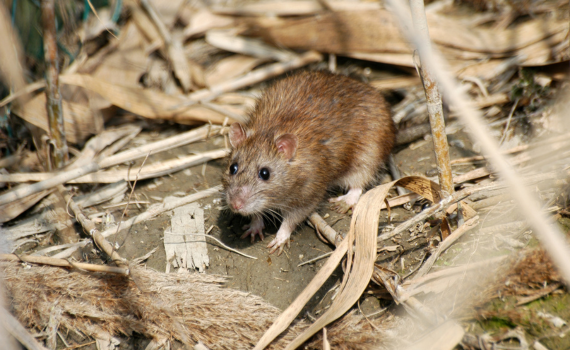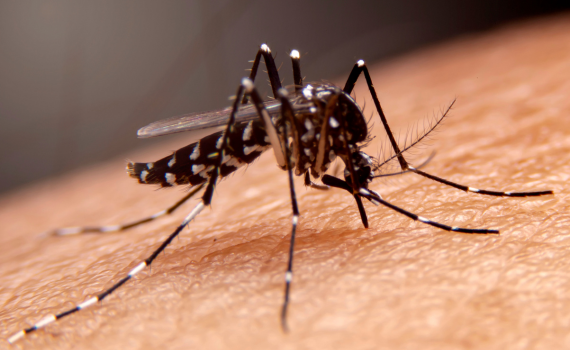Advantages of Hiring a Pest Control Company
- Expertise: Pest control companies have trained professionals with expertise in identifying, treating, and preventing pest infestations.
- Effective Solutions: They use specialized equipment and techniques to effectively eliminate pests, ensuring long-term results.
- Safety: Pest control companies prioritize safety, using products and methods that are safe for humans, pets, and the environment.
- Time and Convenience: Hiring a professional saves time and effort, allowing homeowners to focus on other priorities while the experts handle pest control.
- Preventive Measures: Professional pest control services offer preventive treatments to stop pests before they become a problem, saving money on potential damage repairs.
Effects of Pests on Human Health
Pests, ranging from insects and rodents to larger wildlife, pose significant risks to human health. Their impacts are diverse, often resulting in direct and indirect health issues.
Disease Transmission: Many pests are vectors for diseases. Mosquitoes, for instance, transmit malaria, dengue fever, Zika virus, and West Nile virus. Ticks can spread Lyme disease and Rocky Mountain spotted fever, while rodents like rats and mice are known carriers of hantavirus, leptospirosis, and plague.
Allergies and Asthma: Pests such as cockroaches, dust mites, and rodents contribute to allergies and asthma. Cockroach droppings, saliva, and body parts are common allergens that can exacerbate asthma symptoms, especially in children. Dust mites thrive in household dust and can trigger allergic reactions and asthma attacks.
Food Contamination: Pests can contaminate food supplies, leading to foodborne illnesses. Rodents, for example, can spread Salmonella and E. coli through their droppings and urine. Insects like flies and cockroaches can carry pathogens from unsanitary areas to food and surfaces, increasing the risk of gastrointestinal diseases.
Bites and Stings: Certain pests directly harm humans through bites and stings. Bed bugs, fleas, and lice feed on human blood, causing itching, allergic reactions, and in some cases, transmitting diseases. Stinging insects like bees, wasps, and hornets can cause painful stings, allergic reactions, and, in severe cases, anaphylaxis.
Dengue Prevention and Control in the Philippines
Dengue fever, a mosquito-borne viral illness, remains a significant public health challenge in the Philippines. The disease, transmitted primarily by the Aedes aegypti mosquito, can lead to severe complications and even death, especially among children.
Preventive Measures: The Department of Health (DOH) has been actively promoting the “4S” strategy to combat dengue:
- Search and Destroy – Eliminate mosquito breeding sites by regularly emptying and cleaning water containers.
- Self-Protection – Use mosquito repellents, wear long-sleeved clothing, and install screens on windows and doors.
- Seek Early Consultation – Consult a healthcare provider immediately when experiencing symptoms like high fever, severe headache, pain behind the eyes, and joint and muscle pain.
- Say Yes to Fogging – Support fogging operations in areas with increased cases to kill adult mosquitoes.
Community Engagement: Local governments and communities play a crucial role in dengue prevention. Regular community clean-up drives, proper waste disposal, and public education campaigns are essential in reducing mosquito habitats.
Vaccination: The Philippines has also explored dengue vaccination as part of its prevention strategy, though it is recommended primarily for those with a history of dengue infection to avoid potential risks.
Efforts to control dengue in the Philippines require a multi-faceted approach involving government initiatives, community participation, and individual responsibility to ensure a sustained reduction in dengue cases.



